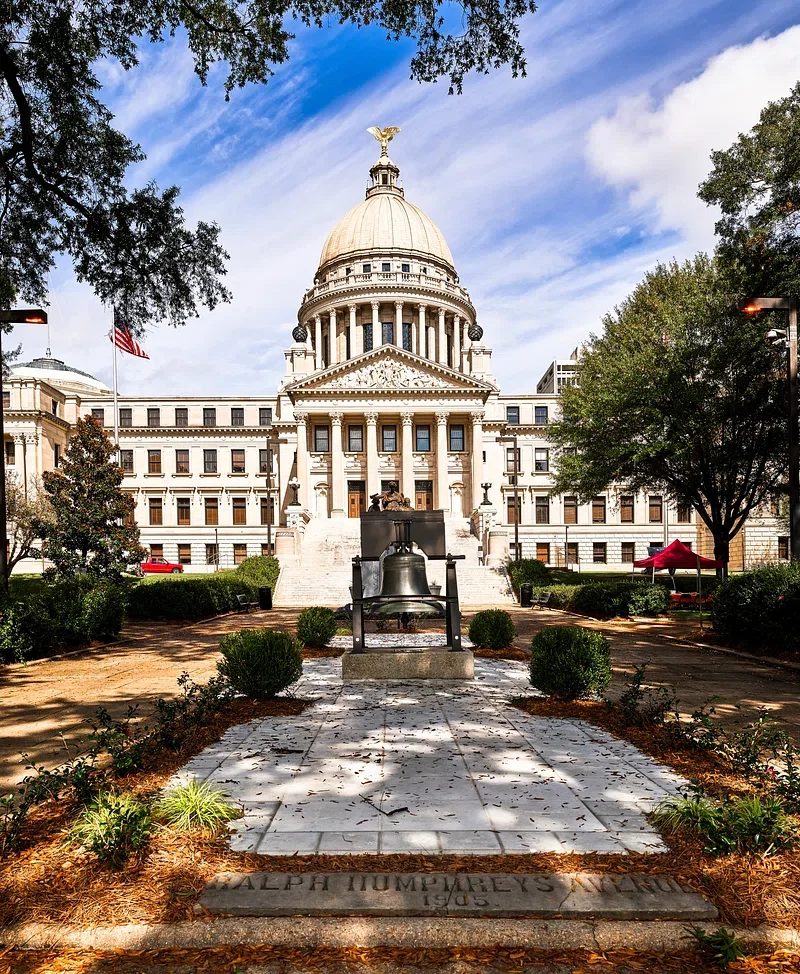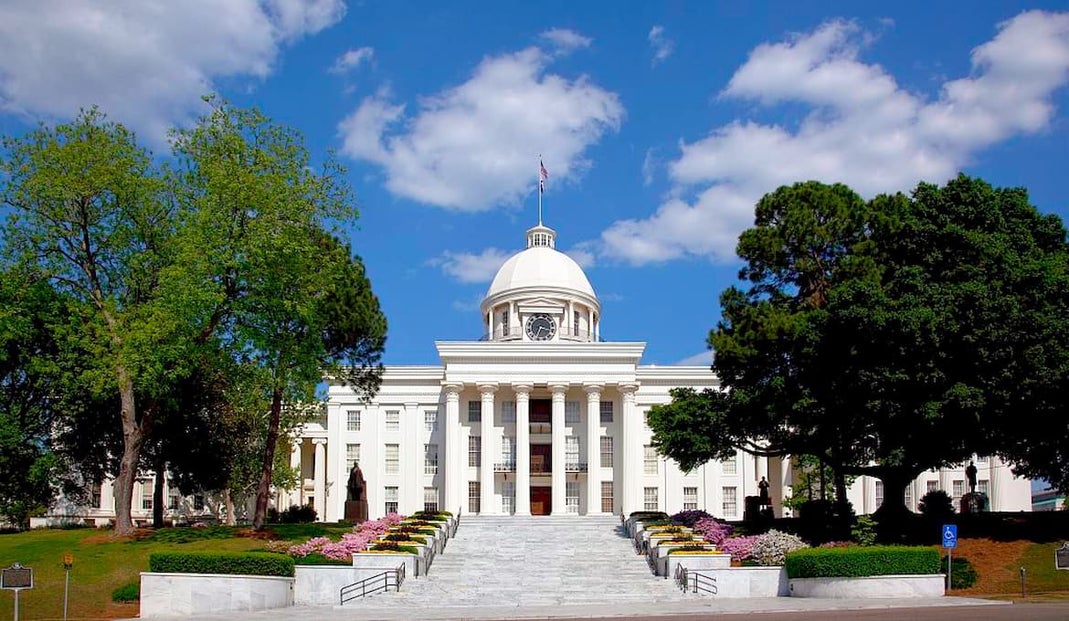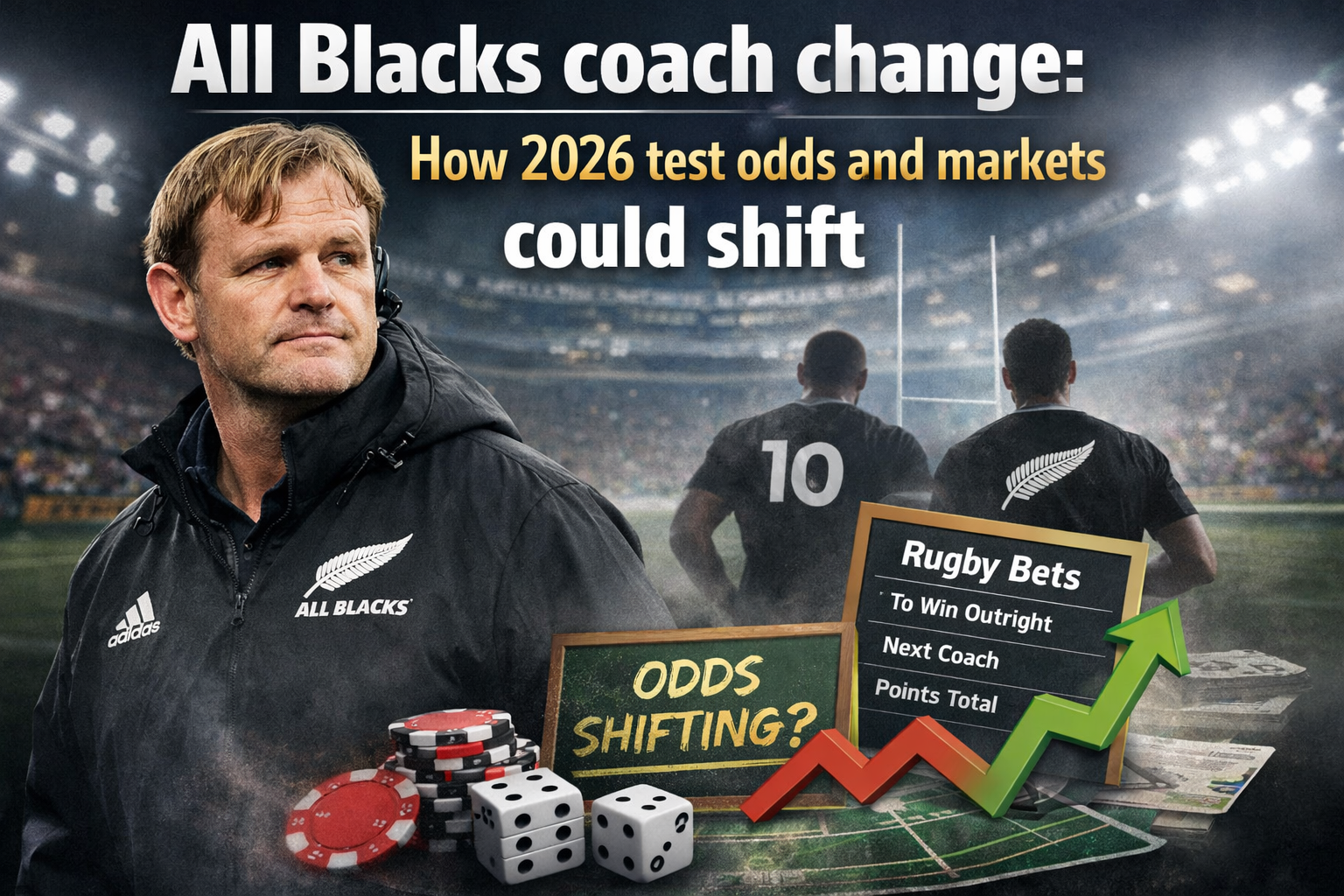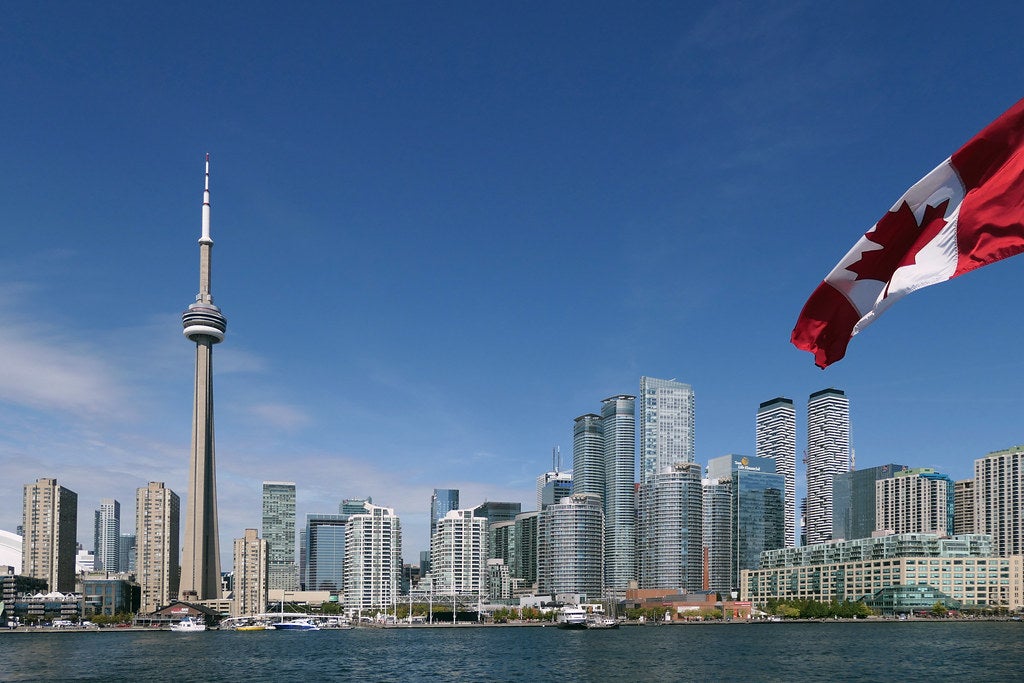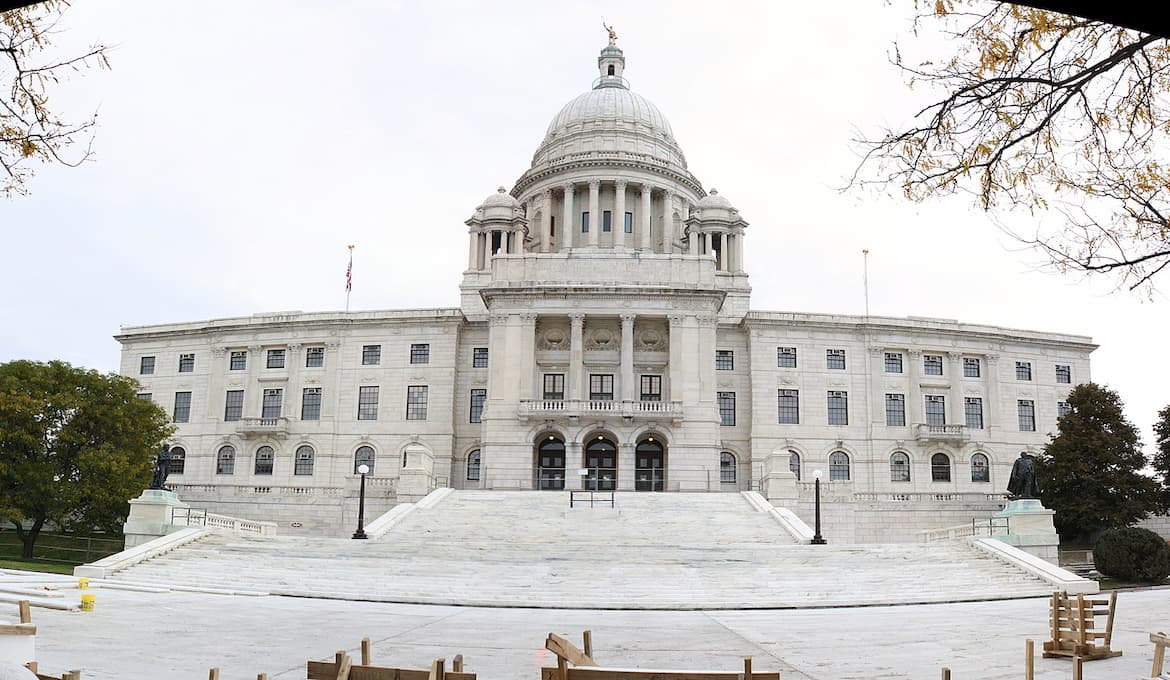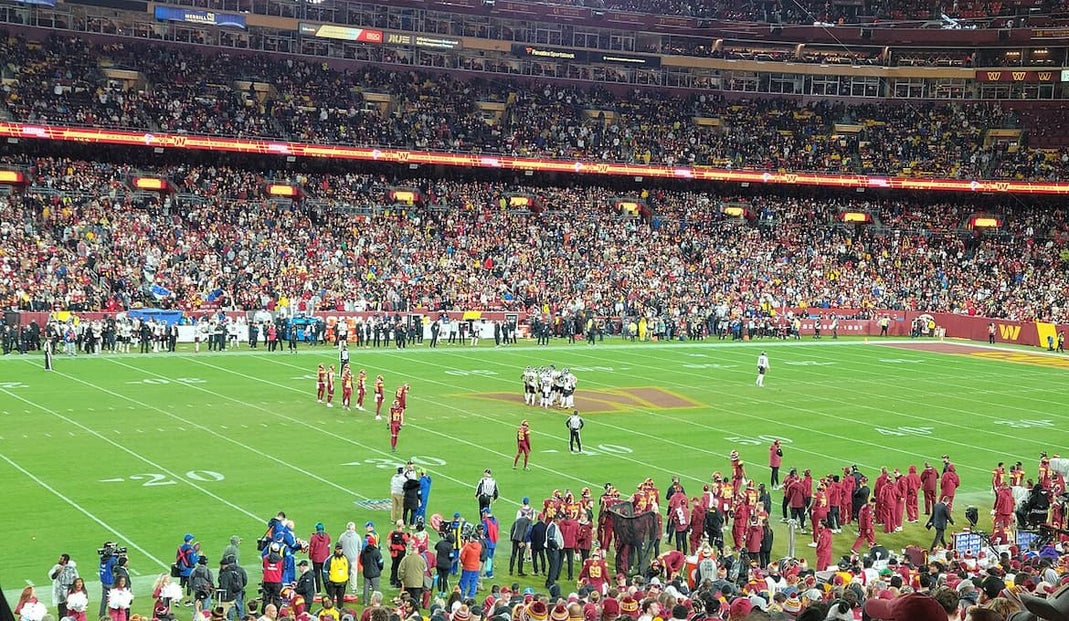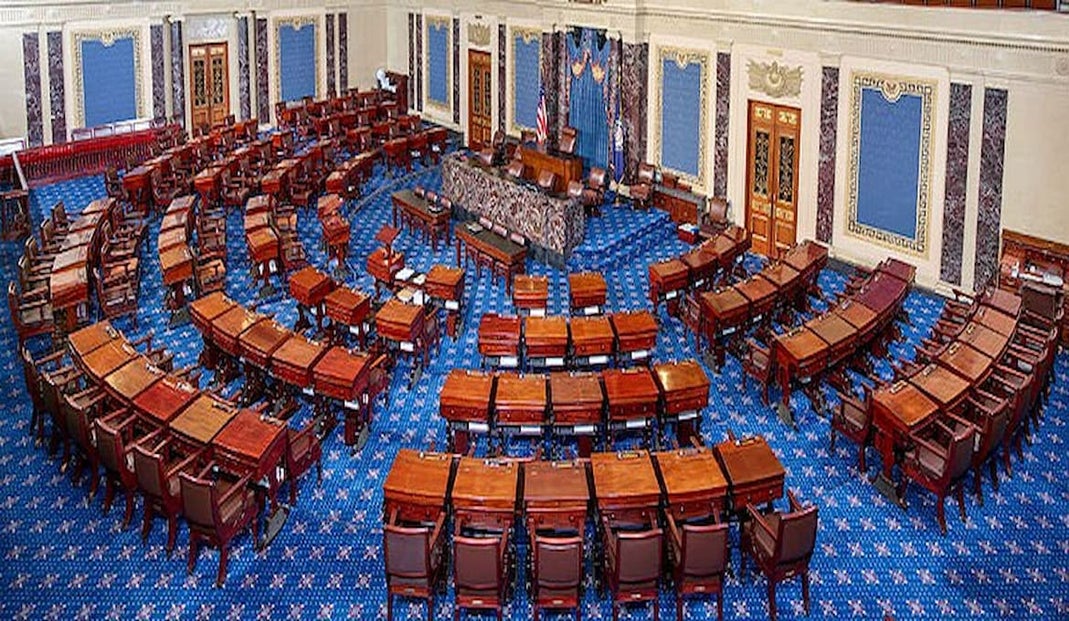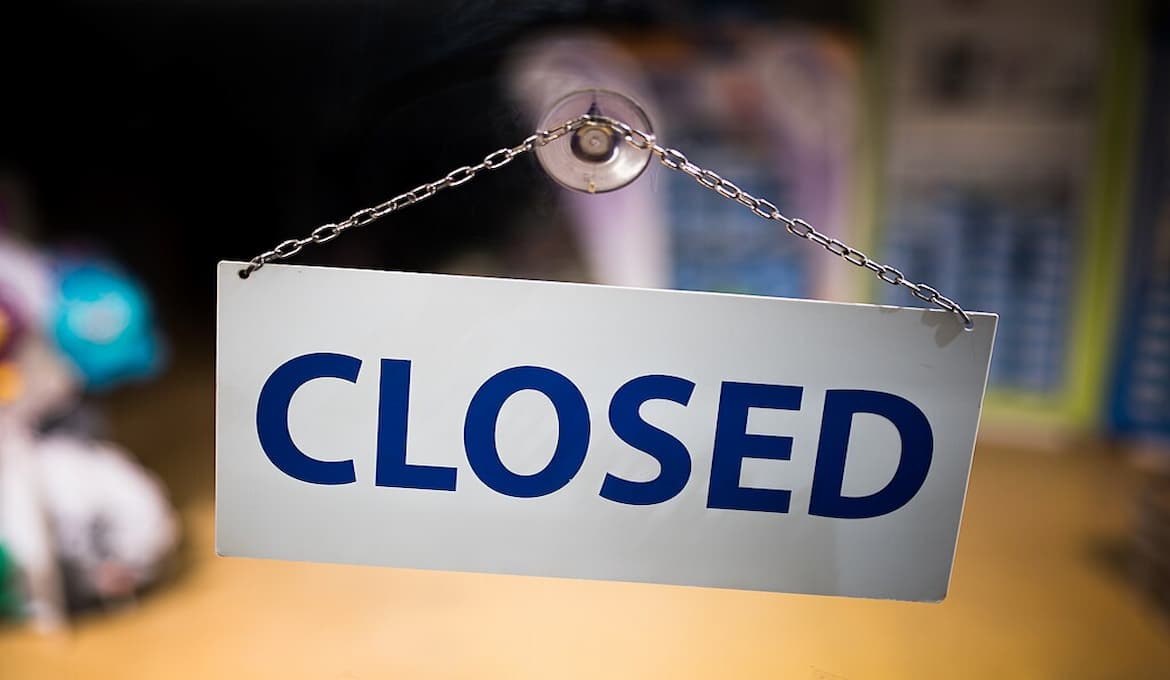Discussions over Tax Rate Begin
While no bill has been introduced, legislatures have begun to discuss raising its 15% tax rate openly. Some believe that increasing the rate could help bring in the money needed to reduce the massive deficit. Others believe letting the market grow naturally will do more good over the long term.
"We have plenty of taxes, plenty of fees, so I would not be inclined. I'm not going to be supporting new taxes on the online gambling. This is a new venue, a new area of business, it's prospering, it's doing well. Let it grow, let it grow," State Senator Johnny Mautz told the media.
Mautz’s sentiments echo those from other states considering raising their rate, most of which ultimately failed.
Education Largest Contributor to the Deficit
Those showing early support for raising the tax rate have pointed to the Blueprint for Maryland’s Future as a reason why. This education plan receives the bulk of tax revenue from sports betting, but it is also the leading driver of the large deficit. Some believe the state’s sports betting market isn’t doing enough, making a higher tax rate the most reasonable solution.
Early opponents believe that a higher rax rate could chase operators out of the market or lead them to pass on higher costs to their consumers. If the market’s tax revenue from sports betting shrinks, the deficit could skyrocket even higher.
Operators Winning Battle Over Tax Increases
Maryland isn’t the only state looking to increase its tax revenue from sports betting. Several other markets have seen proposals to increase the tax rate on operators, but almost all have failed.
The most recent example came in Louisiana, where a bill to nearly triple the tax rate was recently introduced. The outcry from the industry and its supporters caused the bill's sponsor to defer it just two days later.







